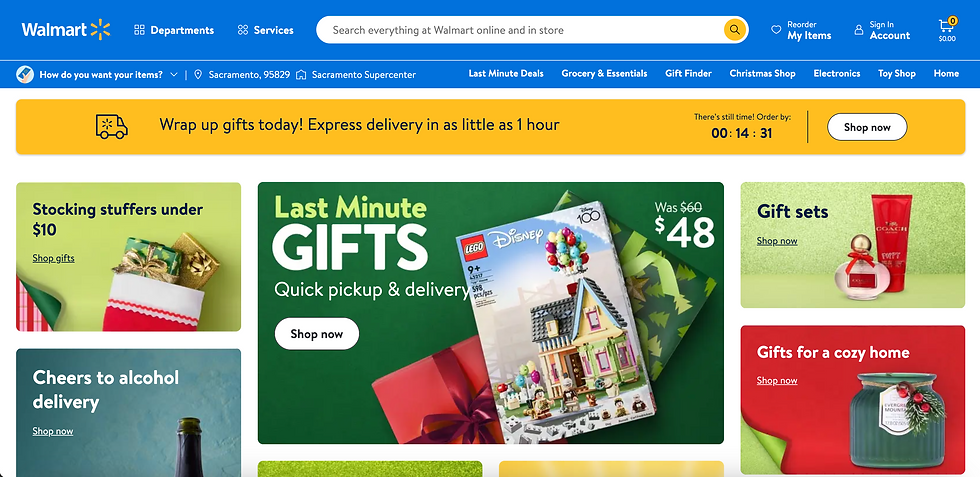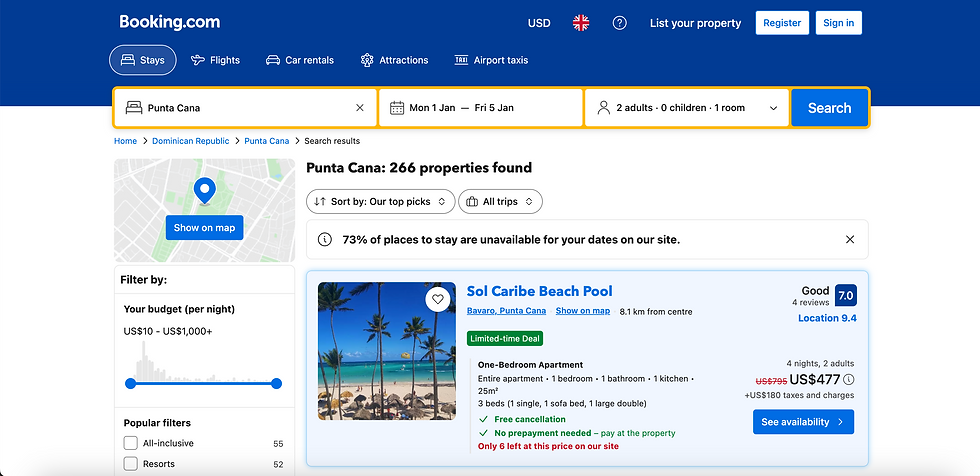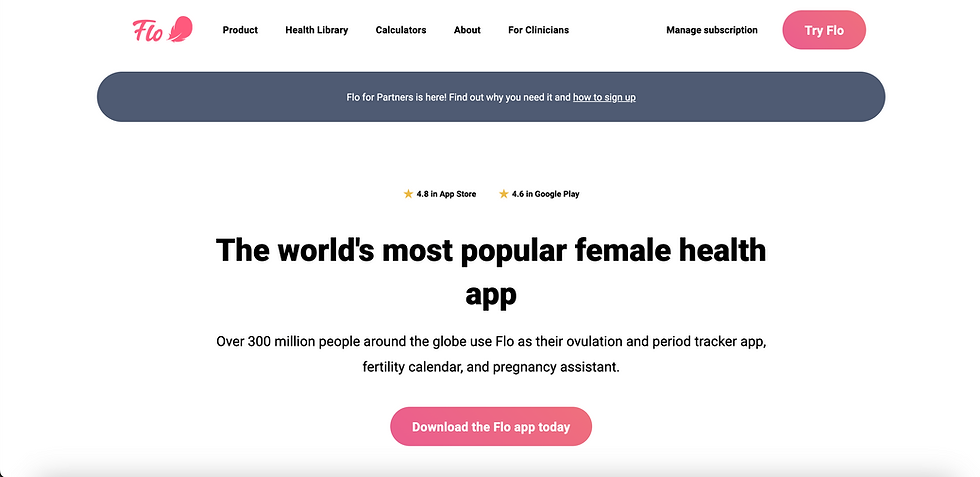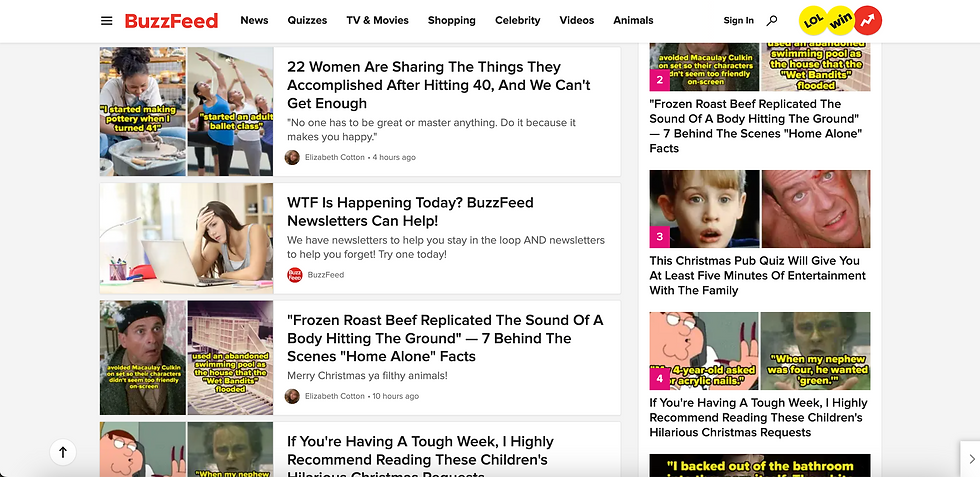

12 Tips to Convert Visitors into Buyers with Killer Website Copy
If you're getting traffic to your website but it's not converting into sales, here are 12 tips to help you convert visitors into buyers.


How I Write High-Converting Sales Funnel Copy
I share what is sales funnel copywriting (because maybe you're unsure) & the techniques I use to write high-converting sales funnel copy.


10 Copywriting Psychological Triggers I Use in My Copy (& You Should, Too)
I share with you the 10 main copywriting psychological triggers I often use in the copy I write for my clients to make it more persuasive &







Comments